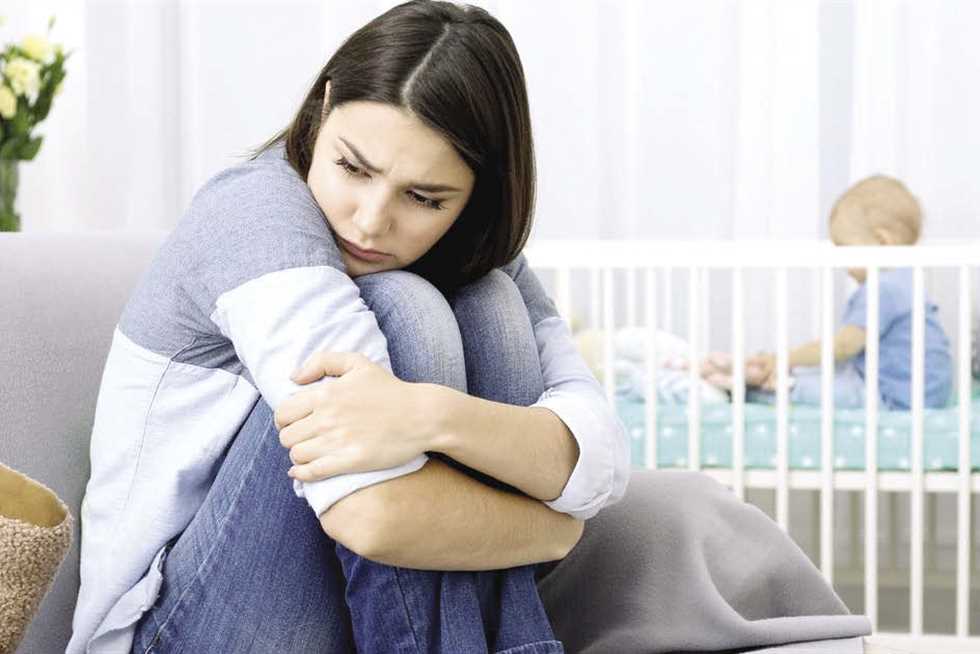A new study suggests that children of depressed mothers may end up with impaired immune response and an increased risk of developing psychological disorders.
The researchers wrote in the journal Depression and Anxiety that maternal depression may have a noticeable effect on the way children’s brains work.
“If you grow up with a clinically depressed mother, your body’s ability to cope is negatively affected,” said lead study author Ruth Feldman, a professor of developmental neuroscience at the Sims/Mann Research Institute at the Herzliya Center in Israel and an assistant professor at the Yale Child Research Center in New Haven, Connecticut. Dealing with stress as well as the immune system.”
“This happens even if your family is in a low-risk socioeconomic situation, with parents present and no problems such as poverty or organic diseases,” she added.
This physical effect may in turn lead to psychological problems, Feldman told Reuters Health by email. She explained, “Programming the child’s psyche to react to a high level of stress paves the way for a fragile psychological state.”
Feldman and her team followed 125 newborn infants until they were 10 years old. When the infants were six months old, the researchers asked the mothers to fill out a questionnaire asking about rates of depression and anxiety. The researchers then reconnected with those families when the children were six years old.
When the children included in the study reached the age of ten, the researchers measured levels of the hormone cortisol, which indicates levels of stress and indicators of the functioning of the immune system, including the rate of secretory immunoglobulin in mothers and children. The researchers also monitored the way the children interacted with their mothers to see if they were suffering from any symptoms of behavioral disorders. Interviews were also conducted with mothers and their children to diagnose psychological disorders.
The researchers concluded that depressed mothers had higher levels of cortisol and secretory immunoglobulin, and their behavior with their children was negative. Their children had the same results.
Dr. Priya Gopalan, head of the psychiatry department at a hospital affiliated with the Pittsburgh Medical Center, who did not participate in the study, said that this demonstrates the impact of maternal depression on the child as he grows, and thus shows us the importance of mothers receiving treatment.
She added, “Such studies give me more information to help explain the importance of treating depressed mothers.”






